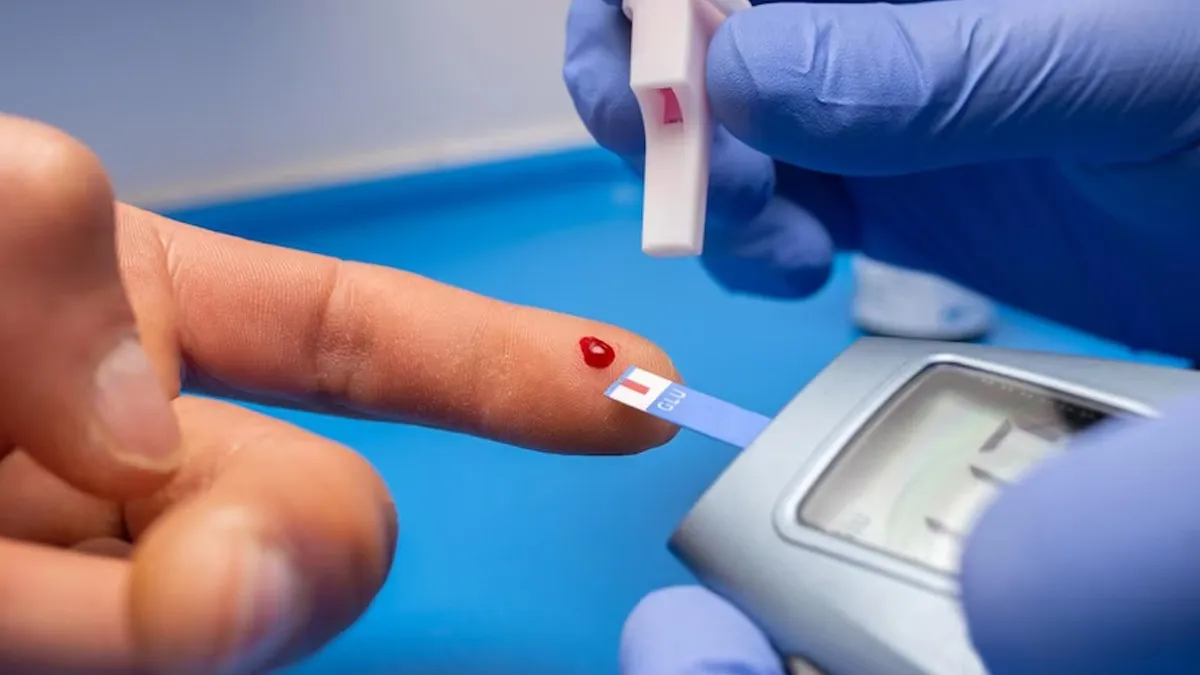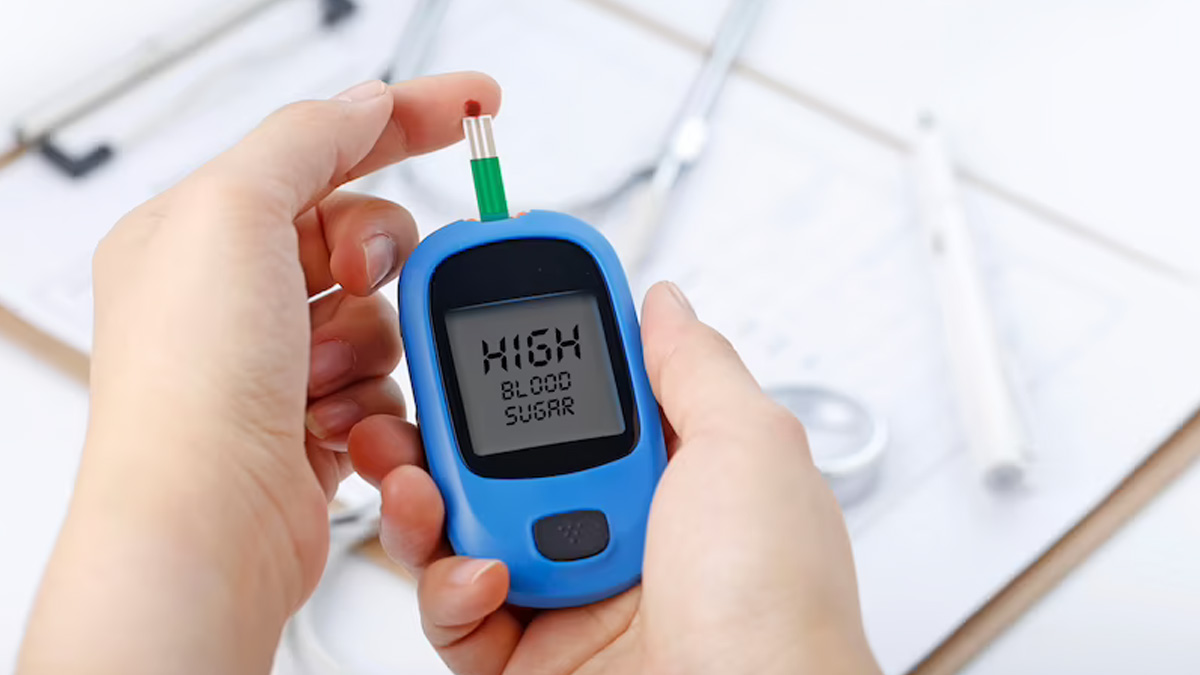
Homemade juices are often marked as a healthier alternative to store-bought beverages that are filled with vitamins, minerals, and a refreshing taste. But if you’re living with diabetes, you may wonder whether these seemingly healthy drinks could negatively impact your blood sugar levels. We spoke to our expert, Dr Shrey Kumar Srivastav, Senior Consultant and Physician, Sharda Hospital - Noida, to explore the connection between homemade juice and blood sugar control, and how you can enjoy these drinks safely. Here’s what he shared with us.
Table of Content:-
Through Expert’s Lens: Why Blood Sugar Spikes Matter For Diabetics?
“For people with diabetes, managing blood sugar levels is important for preventing complications such as nerve damage, kidney disease, and cardiovascular issues. Consuming foods or drinks that cause rapid blood sugar spikes can make it harder to maintain steady glucose levels, potentially leading to short- and long-term health problems,” explained Dr Srivastav.
How Homemade Juice Impacts Blood Sugar
Homemade juice often contains a high concentration of natural sugars, especially when made from fruits. Unlike whole fruits, which contain fibre to slow sugar absorption, juice lacks this beneficial component. Without fibre, the sugars in juice are absorbed quickly, leading to a rapid rise in blood glucose levels.

Explaining through an example Dr Srivastav shared, “Juicing fruits like oranges, apples, or pineapples can create a drink that is not much different from sugary sodas in terms of its glycemic impact. Even vegetables with natural sugars, like carrots or beets, can contribute to blood sugar spikes when juiced.”
Also Read: Eating Breakfast Later Lowers Blood Sugar Spikes In Type 2 Diabetes Patients: Research
Factors That Influence Blood Sugar Response
According to our expert, several factors can determine how homemade juice affects your blood sugar. These may include:
- Type of ingredients: Juices made from high-sugar fruits or starchy vegetables are more likely to cause spikes.
- Portion size: Drinking a large glass of juice provides more sugar than consuming a smaller portion.
- Additives: Adding sweeteners or syrups can significantly increase sugar content.
- Timing: Drinking juice on an empty stomach may lead to a quicker glucose spike.
Tips For Diabetics To Enjoy Homemade Juice Safely
The good news is that diabetics don’t have to give up homemade juice altogether. Here are some strategies to make these drinks more blood sugar-friendly:

1. Focus on Low-Sugar Ingredients
Use non-starchy vegetables like spinach, kale, cucumber, or celery as the base. Add small amounts of low-sugar fruits like berries for flavour while also keeping your sugar level in control.
2. Include Fibre
Blend your ingredients instead of juicing them to retain the fibre content. Alternatively, include chia seeds or ground flaxseeds to add more fibre to the juice.
3. Control Portion Sizes
Limit your serving to half a cup or less to minimise sugar intake. Remember that controlling sugar levels is all about limiting.
4. Pair With Protein Or Fat
Another smart way of consuming juice is pairing it alongside a protein or fat-rich snack to help slow the sugar absorption.
5. Monitor Your Blood Sugar
Use a glucose meter to check how your body responds to different juices. This can help you identify which ingredients work best for you. Make it a point that you check your blood sugar at least once in two days.
Also Read: Can Muesli And Milk Help You Manage Diabetes? Expert Explains
Alternatives To Consider If You're Diabetic
If you’re looking for healthy, diabetes-friendly beverages, consider these exert- recommended options:
- Add slices of citrus fruits, berries, or cucumber to water for a refreshing drink.
- Blend whole fruits and vegetables with a protein source like Greek yoghurt or nut butter.
- Enjoy naturally caffeine-free or herbal teas without added sugar.
Bottomline
While homemade juices can cause blood sugar spikes, making well-thought choices about ingredients and portion sizes can help diabetics enjoy them safely. However, always consult your healthcare provider or a dietitian before making significant changes to your diet, especially if you’re managing a chronic condition like diabetes. With careful planning, you can incorporate homemade juices into a balanced diet without compromising your blood sugar control.
Also watch this video
How we keep this article up to date:
We work with experts and keep a close eye on the latest in health and wellness. Whenever there is a new research or helpful information, we update our articles with accurate and useful advice.
Current Version